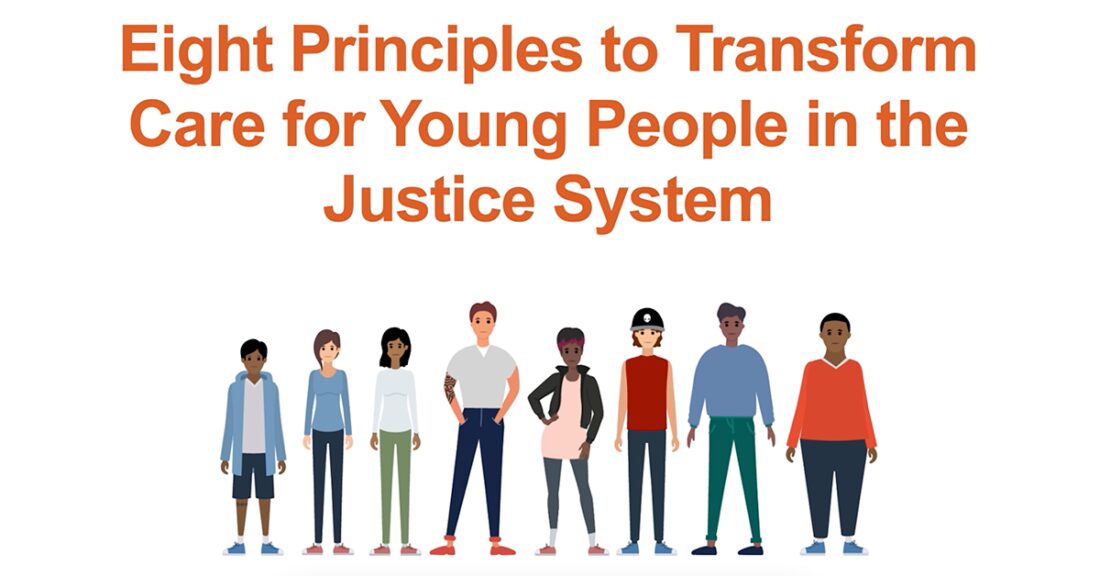Juvenile Justice Video Explains Ways to Elevate Care for Youth in Custody

A short video produced by the Annie E. Casey Foundation identifies eight principles that every juvenile justice system should embrace right now to transform care for youth in custody. These principles are designed to help all young people realize their potential — regardless of their race, ethnicity, gender, neighborhood or personal history.
The video introduces ways that jurisdictions can immediately and meaningfully elevate the standard of care for youth in custody as they work toward bigger changes. Both the video and the document on which it is based, “Eight Principles to Transform Care for Young People in the Justice System”, affirm that states, counties or cities must dramatically reduce youth confinement, build stronger community-centered responses and put an end to the prison model for youth and young adults.
Yet such a transformation takes time, and youth in custody can’t wait. According to the most recent federal data, 36,000 young people — disproportionately and overwhelmingly youth of color — were in custody in 2019.
“Young people in custody are in a critical developmental stage that requires support and understanding, even when they act in ways that cause harm,” says Tanya Washington, a senior associate with the Foundation’s Juvenile Justice Strategy Group and the narrator of the video. “That includes being aware of how chronic trauma may have affected the lives of youth in systems and responding in appropriate, caring ways that promote healing and resilience.”
Transforming Care for Youth in Custody
The eight principles are:
- Lead with values that promote equity and well-being.
- Maintain an uplifting and safe environment.
- Develop staff to build positive and supportive relationships.
- Provide varied and useful programming.
- Ground practice and culture in knowledge of adolescent development.
- Treat family members as partners.
- Encourage community connections.
- Incorporate continuous quality improvement.
“When young people make mistakes — including violating the law in serious ways — they should have opportunities to bounce back and grow into responsible adults,” Washington said.





